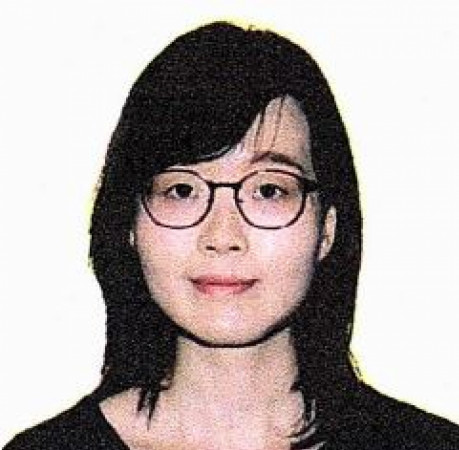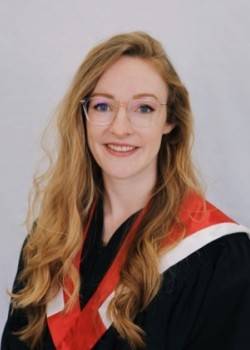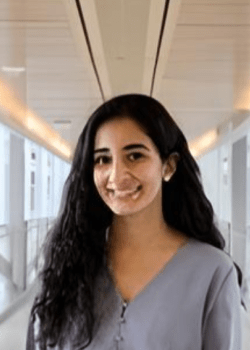It was an ordinary day in the Emergency Department. Bluntly put, most of my day involves seeing and listening to patients’ suffering. A frail voice called from behind me as I was intensely charting at a desk.
“Nurse! Nurse, I need some help!” To be completely truthful, the immediate emotion that struck me was irritation. This is not to undermine out patients’ needs or the exceptional service our nursing colleagues provide; however, being assumed to be a nurse, as a female in scrubs, has become one of my pet peeves after three years of hospital training. I reluctantly turned around, because I have also learned from my experience that I am usually useless when it comes to requests that are meant for nurses. But what I saw the moment I turned was something I completely did not anticipate. Clumps of bright blood were pouring out from a woman’s mouth.
I ran to her bedside. It was difficult trying to digest what was really happening to this stranger whom I just met. She seemed understandably distressed so I tried to comfort her. “You will be okay.” A pang of guilt hit me as those words came out, because a large part of me sensed that she wouldn’t be. I called out for help, and soon the patient was surrounded by a handful of health care professionals.
Contrary to my hope that the bleeding would slow down, it worsened even further. I have never seen such a high volume of blood escaping form a person’s body. I think we recognized that this was not a battle that we could win. “She is a Do-Not-Resuscitate (DNR),” said a colleague.
I held her hand and gently stroked her back as she struggled to breathe. “We are here,” I told her because it now felt morally wrong to tell her that she would be okay. Within several minutes of me meeting this person for the first time, I saw her life escaping from her eyes. Then, she was gone.
I came out of her room, trying to shake off the shock of what I had just experienced. Then I realized that I was her last hand held, last face seen, and last voice heard. I was neither a loved one nor even an acquaintance. I was a complete stranger, and I felt undeserving of her last experiences. It scared me to think that what I say or do at any moment could be what someone remembers his or her world by as they struggle to grasp onto their life. This is especially true given my profession as a physician. I have learned to tolerate and accept suffering and death during my medical training. However, this experience made me realise something that I should know but had forgotten: everyone experiences their own “end of life” just once, and nothing about what we—physicians—have accepted as “routine” is ordinary to a patient. What we do as part of our daily work indeed has a tremendous impact on our patients. As I was reminded of the gravity of my duties, I recollect the oath I made in my first white coat:
“Cure sometimes, treat often, comfort always.”




Be the first to leave a comment!